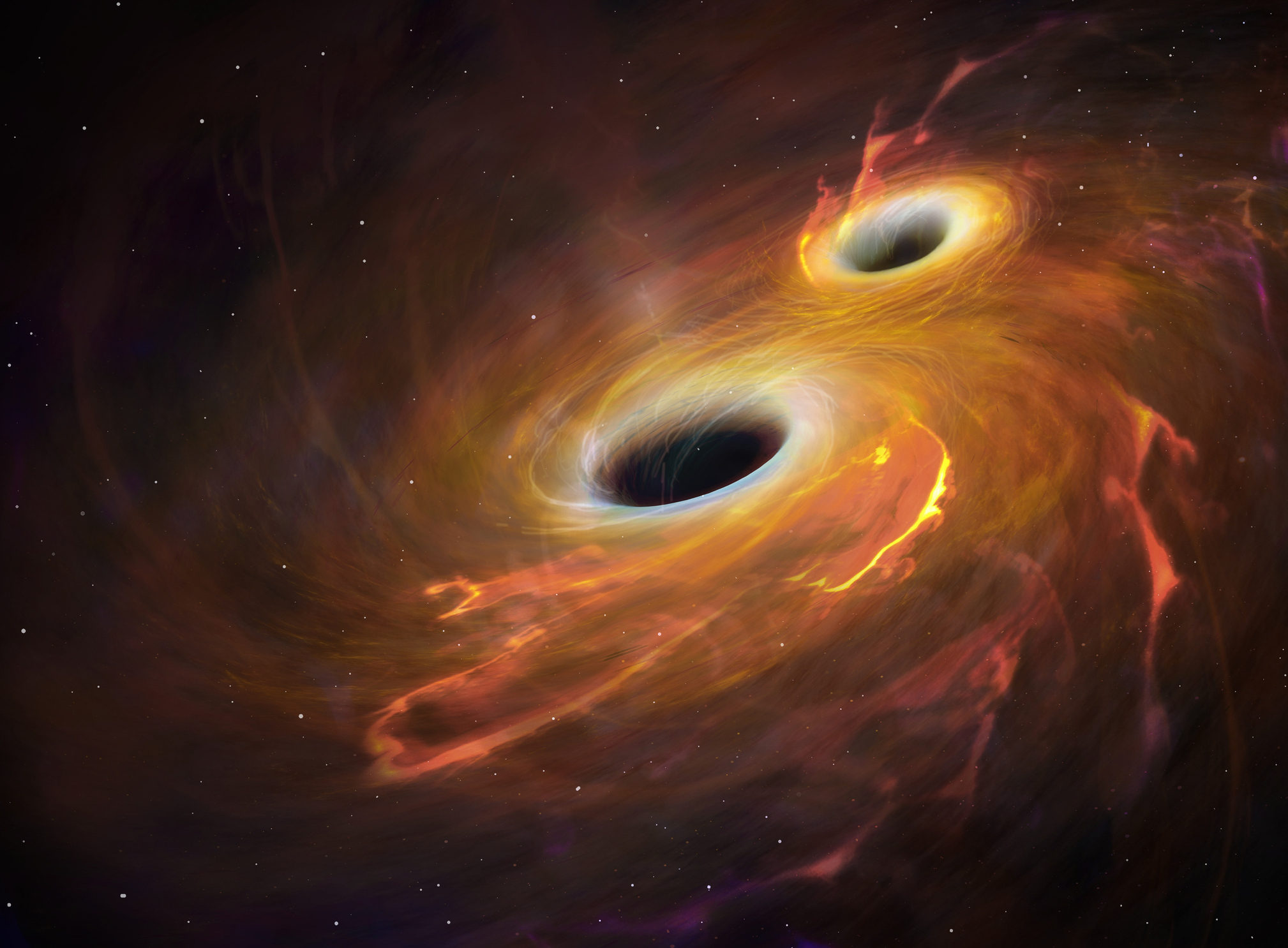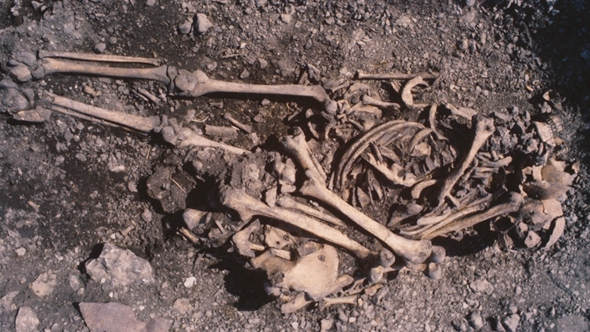
Get the world’s most fascinating discoveries delivered straight to your inbox.
You are now subscribed
Your newsletter sign-up was successful
Want to add more newsletters?

Delivered Daily
Daily Newsletter
Sign up for the latest discoveries, groundbreaking research and fascinating breakthroughs that impact you and the wider world direct to your inbox.

Once a week
Life's Little Mysteries
Feed your curiosity with an exclusive mystery every week, solved with science and delivered direct to your inbox before it's seen anywhere else.

Once a week
How It Works
Sign up to our free science & technology newsletter for your weekly fix of fascinating articles, quick quizzes, amazing images, and more

Delivered daily
Space.com Newsletter
Breaking space news, the latest updates on rocket launches, skywatching events and more!

Once a month
Watch This Space
Sign up to our monthly entertainment newsletter to keep up with all our coverage of the latest sci-fi and space movies, tv shows, games and books.

Once a week
Night Sky This Week
Discover this week's must-see night sky events, moon phases, and stunning astrophotos. Sign up for our skywatching newsletter and explore the universe with us!
Join the club
Get full access to premium articles, exclusive features and a growing list of member rewards.
Out in the depths of the universe, outlandish black-hole-like entities might exist with the power to redefine physics as we know it. A new study calculates that, in the coming years, gravitational wave observatories on Earth could find these hypothetical oddballs, which are known as exotic compact objects.
The U.S.-based Laser Interferometer Gravitational-Wave Observatory (LIGO) and its European counterpart Virgo were built to capture ripples in the fabric of space-time radiating from massive objects like black holes and neutron stars crashing together. Yet there is always the chance that scientists could run into something unexpected.
"We can't be so naïve to presume that we know everything that is out there," Luís Longo, a doctoral candidate in physics at the Universidade Federal do ABC in São Paulo, Brazil, told Live Science.
Related: The 12 strangest objects in the universe
Researchers have been speculating about the possibilities of exotic compact objects for many years, and trying to determine what they would look like to a gravitational wave detector, Longo added.
The term "exotic compact object" encompasses a variety of different theoretical entities. Among the possibilities are gravastars, which would appear quite similar to an ordinary black hole but would be filled with dark energy, a mysterious substance causing the accelerated expansion of the universe. Another compact object that could lurk in the universe is a fuzzball, a black-hole-like knot of fundamental one-dimensional strings proposed in string theory, which attempts to unify and replace the current accepted theories in physics.
The thing that connects exotic compact objects is that, unlike a black hole, they should lack a region known as an event horizon, Longo said. According to Albert Einstein's theory of relativity, the event horizon is a sphere surrounding a black hole beyond which any trip becomes one-way. Objects can slip inside the event horizon but nothing can come out of it — not even light.
Get the world’s most fascinating discoveries delivered straight to your inbox.
But scientists know that Einstein's theory of relativity will one day have to be replaced. Though the theory is extraordinarily successful at describing gravity and massive cosmic entities, it says nothing about the behavior of subatomic particles. For that, physicists turn to quantum mechanics.
The hope is to eventually have a theory of quantum gravity that supersedes both relativity and quantum mechanics. Exotic compact objects, which would be like a black hole but lack an event horizon, could help provide the necessary information to start constructing this future theory.
"They will break with general relativity because they won't give rise to one of its key predictions," Longo said, referring to the event horizon. "In this sense we would be testing Einstein's theory of gravitation."
As two black holes crash and merge, they spin around one another, warping space-time and sending out gravitational waves, which can ring LIGO's detectors on Earth. After they meet, the event horizon prevents additional waves from escaping outward, Longo said.
But because exotic compact objects would lack an event horizon, some gravitational waves could fall inward towards the object's center and then bounce back, creating gravitational echoes that leak outward, he added. These echoes are too faint for LIGO and Virgo to detect right now, but the facilities are currently being upgraded for increased sensitivity, and they’ve been joined by the Kamioka Gravitational Wave Detector (KAGRA) in Japan, which became operational last year.
Longo and his colleagues have calculated that during the gravitational wave detectors' next observation run, set to begin in the summer of 2022, LIGO and its counterparts could be sensitive enough to pick up the signal from one or two exotic compact objects, if they exist. Longo will present his team's findings at the American Physical Society's April meeting on April 19.
Other researchers are keen to see if such a scenario might play out in the near future. "Right now, it looks like science fiction," Vitor Cardoso, a physicist at the Instituto Superior Técnico in Lisbon, Portugal, who was not involved in the work, told Live Science. "But it quickly goes from science fiction to established science."
Cardoso would be thrilled if exotic compact objects turned out to be more than speculation. "We hate seeing what we expect," Cardoso said. "We hate boring science."
However, even if LIGO detected echoes, it would still likely take a long time before the scientific community confirmed that they were really pointing to these hypothetical oddballs, he added.
Longo, too, would be happy if the observatories managed to uncover some evidence for exotic compact objects. "It would be the first hint of the breakdown of general relativity," he said. "It would be an enormous breakthrough and extremely exciting."
Originally published on Live Science.

Adam Mann is a freelance journalist with over a decade of experience, specializing in astronomy and physics stories. He has a bachelor's degree in astrophysics from UC Berkeley. His work has appeared in the New Yorker, New York Times, National Geographic, Wall Street Journal, Wired, Nature, Science, and many other places. He lives in Oakland, California, where he enjoys riding his bike.
 Live Science Plus
Live Science Plus










